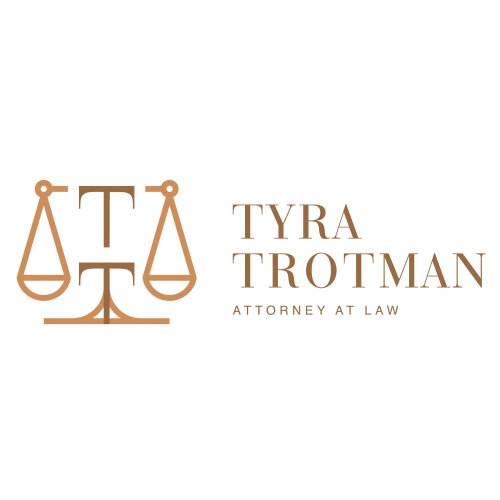Best Arrests & Searches Lawyers in Barbados
Share your needs with us, get contacted by law firms.
Free. Takes 2 min.
Or refine your search by selecting a city:
List of the best lawyers in Barbados
About Arrests & Searches Law in Barbados:
Arrests and searches in Barbados are governed by the Police Act and the Criminal Procedure Act. When an individual is arrested, the police must inform them of the reason for their arrest and their rights. Searches must be conducted with a warrant unless there are circumstances that allow for a search without one.
Why You May Need a Lawyer:
You may need a lawyer if you have been arrested and need legal representation during questioning or in court. A lawyer can help protect your rights and ensure that you receive a fair trial. Additionally, if your rights were violated during a search or arrest, a lawyer can help you seek justice.
Local Laws Overview:
In Barbados, the police must have a valid reason to arrest you, such as suspicion of committing a crime. Searches must be conducted with a warrant unless there are exigent circumstances, such as preventing the destruction of evidence. It is important to be aware of your rights when dealing with law enforcement.
Frequently Asked Questions:
1. Can the police arrest me without a warrant?
Yes, the police can arrest you without a warrant if they have reasonable grounds to believe you have committed a crime.
2. Can the police search my property without a warrant?
In most cases, the police need a warrant to search your property. However, there are exceptions, such as when consent is given or in emergency situations.
3. What are my rights if I am arrested?
You have the right to remain silent, the right to legal representation, and the right to be informed of the reason for your arrest.
4. Can I refuse a search of my person or property?
You have the right to refuse a search, but it is advisable to comply with the police to avoid escalating the situation. If you believe the search is unlawful, you can challenge it in court later.
5. What should I do if I believe my rights were violated during a search or arrest?
You should contact a lawyer as soon as possible to discuss your options for seeking redress for the violation of your rights.
6. Can I sue the police for wrongful arrest or search?
Yes, you can pursue legal action against the police if you believe your rights were violated during an arrest or search. A lawyer can help you navigate the legal process.
7. How long can the police hold me after an arrest?
The police can hold you for a reasonable period to conduct investigations. If you are not charged within a reasonable time, you should be released.
8. Can I request a lawyer during police questioning?
Yes, you have the right to have a lawyer present during police questioning. It is advisable to exercise this right to protect your interests.
9. Are there any limitations on police searches in Barbados?
Police searches must be conducted in accordance with the law and must not be arbitrary or discriminatory. The police must have a valid reason for conducting a search.
10. What should I do if I witness someone's rights being violated during an arrest or search?
You can document the incident, including taking notes and photographs if possible, and report it to the relevant authorities. You can also encourage the person whose rights were violated to seek legal advice.
Additional Resources:
If you need legal advice or assistance regarding arrests and searches in Barbados, you can contact the Barbados Bar Association or the Legal Aid Clinic for help. The Royal Barbados Police Force also provides information on your rights during police interactions.
Next Steps:
If you require legal assistance related to arrests and searches in Barbados, it is advisable to contact a qualified lawyer who specializes in criminal law. They can provide you with expert advice and representation to help protect your rights and navigate the legal system effectively.
Lawzana helps you find the best lawyers and law firms in Barbados through a curated and pre-screened list of qualified legal professionals. Our platform offers rankings and detailed profiles of attorneys and law firms, allowing you to compare based on practice areas, including Arrests & Searches, experience, and client feedback.
Each profile includes a description of the firm's areas of practice, client reviews, team members and partners, year of establishment, spoken languages, office locations, contact information, social media presence, and any published articles or resources. Most firms on our platform speak English and are experienced in both local and international legal matters.
Get a quote from top-rated law firms in Barbados — quickly, securely, and without unnecessary hassle.
Disclaimer:
The information provided on this page is for general informational purposes only and does not constitute legal advice. While we strive to ensure the accuracy and relevance of the content, legal information may change over time, and interpretations of the law can vary. You should always consult with a qualified legal professional for advice specific to your situation.
We disclaim all liability for actions taken or not taken based on the content of this page. If you believe any information is incorrect or outdated, please contact us, and we will review and update it where appropriate.
Browse arrests & searches law firms by city in Barbados
Refine your search by selecting a city.









